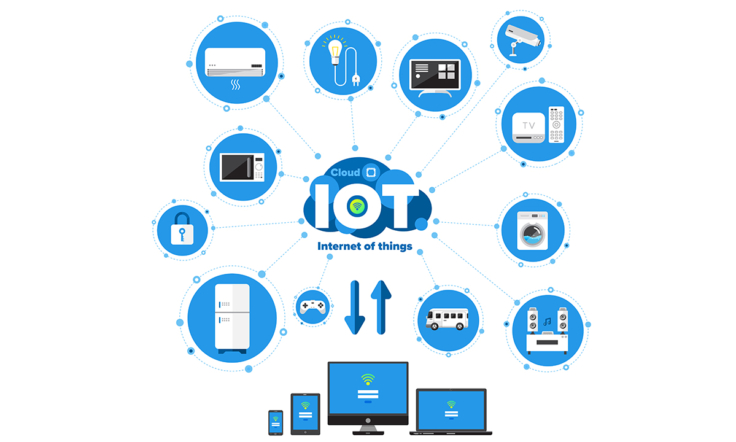
It is lightweight broadcast and subscription messaging protocol designed to distribute easily the M2M (machine to machine) telemetry information in areas that have low band width. MQTT created as low additional load protocol to adopt the restrictions of bandwidth and CPU (processor). It is designed to operate in a built-up area that provide safe and effective way for communication. MQTT is suitable to connect devices that have small code footprint. It is also a good choice for wireless networks that experienced delays because of unreliable connections or sometimes bandwidth restrictions. Although MQTT started as a registered protocol communicate with monitoring, control and data collecting (SCADA) systems, it become popular in smart device arena and today it is leading open-source protocol to connecting to the IOT.
How Does the MQTT Works?
MQTT is a broadcasting / subscription protocol to enable the edge network devices to broadcast in one intermediary. MQTT requesters includes broadcasters and sub scripters which are terms that indicate whether the customer (user, device, IOT devices) is posting messages or subscribing to receive messages. These two functions can be implemented in same MQTT requester. When a device (requester) wants to send a message to a server (intermediary) it is called broadcasting. The opposite process of it is called subscription. In broadcaster-subscription model, more than one requester may connect to one server and can subscribe to the subjects that interested.
If the connection from subscribing requester to an intermediary is lost, intermediary buffers the messages and then send it back when the requester is online.
MQTT Security
MQTT protocol supports several authentication and data security mechanisms. However, it is important to know that this security mechanisms configured in MQTT intermediary and it is up to the requester to accord the existing mechanisms.
MQTT Usage Areas
MQTT is rapidly becoming main protocol for distributing of IOT (internet of things). Beyond the petroleum and gas, it is using in many applications from controlling intelligent lighting systems to Facebook messenger application. The protocol also has applications in various sectors, from Automotive to energy and telecommunications.
Advantages of MQTT
- Distributes the information efficiently.
- Increases the scalable.
- Decrease the network band width significantly.
- Decrease the updating ratios to seconds.
- Increase usable band width to top level.
- It is quite reliable because of permission based security.
- Decrease the development duration.
- Broadcasting / subscripting protocols collect more data with less band width according to the polling protocol.





